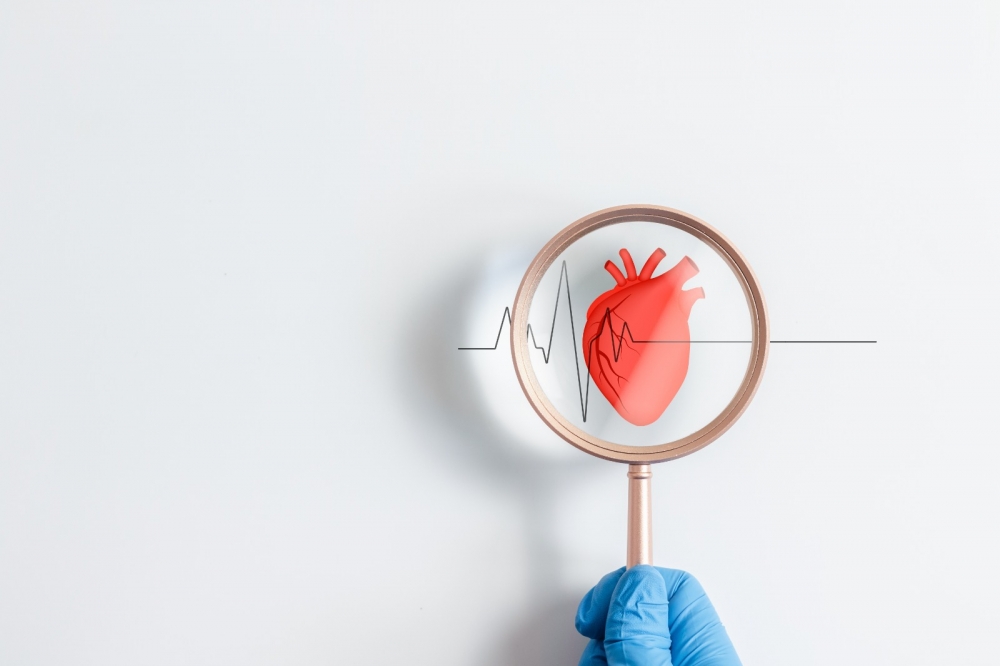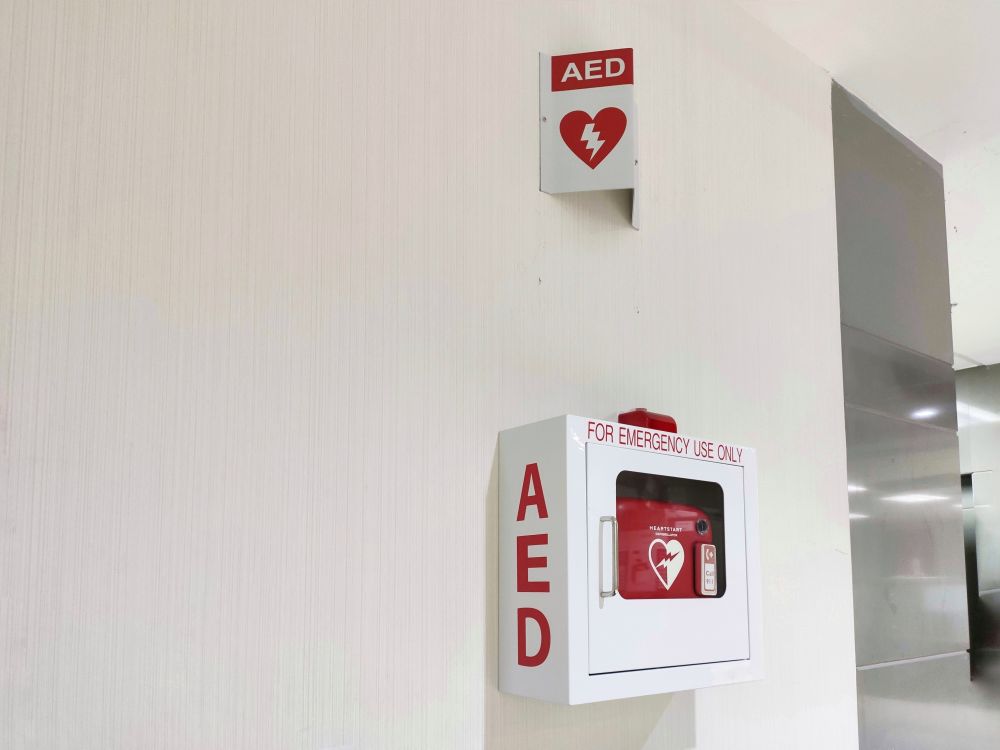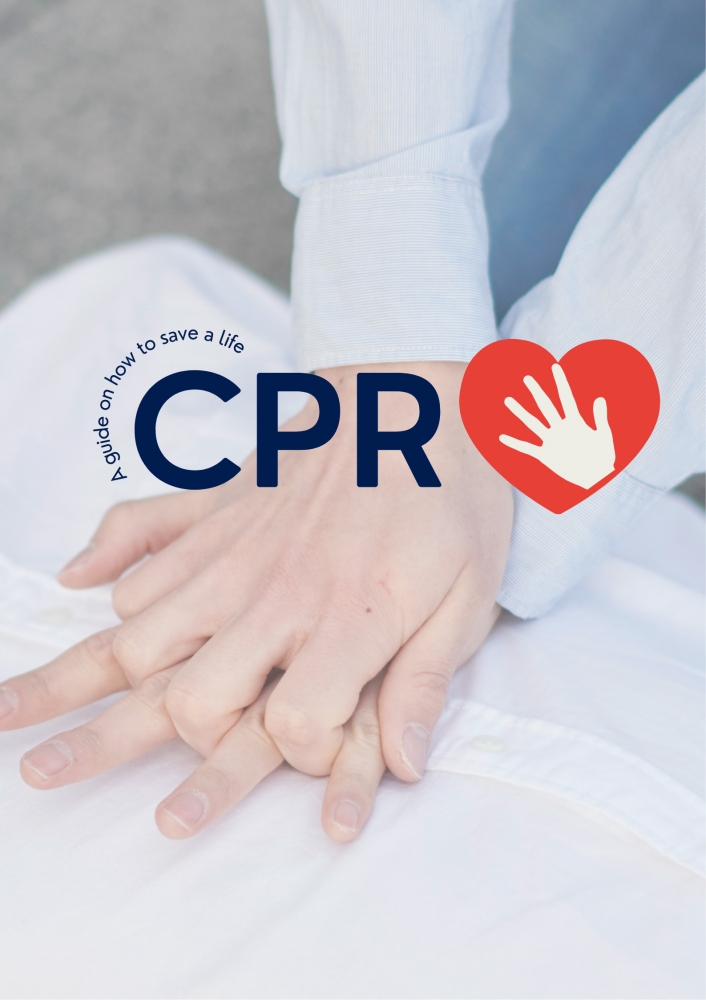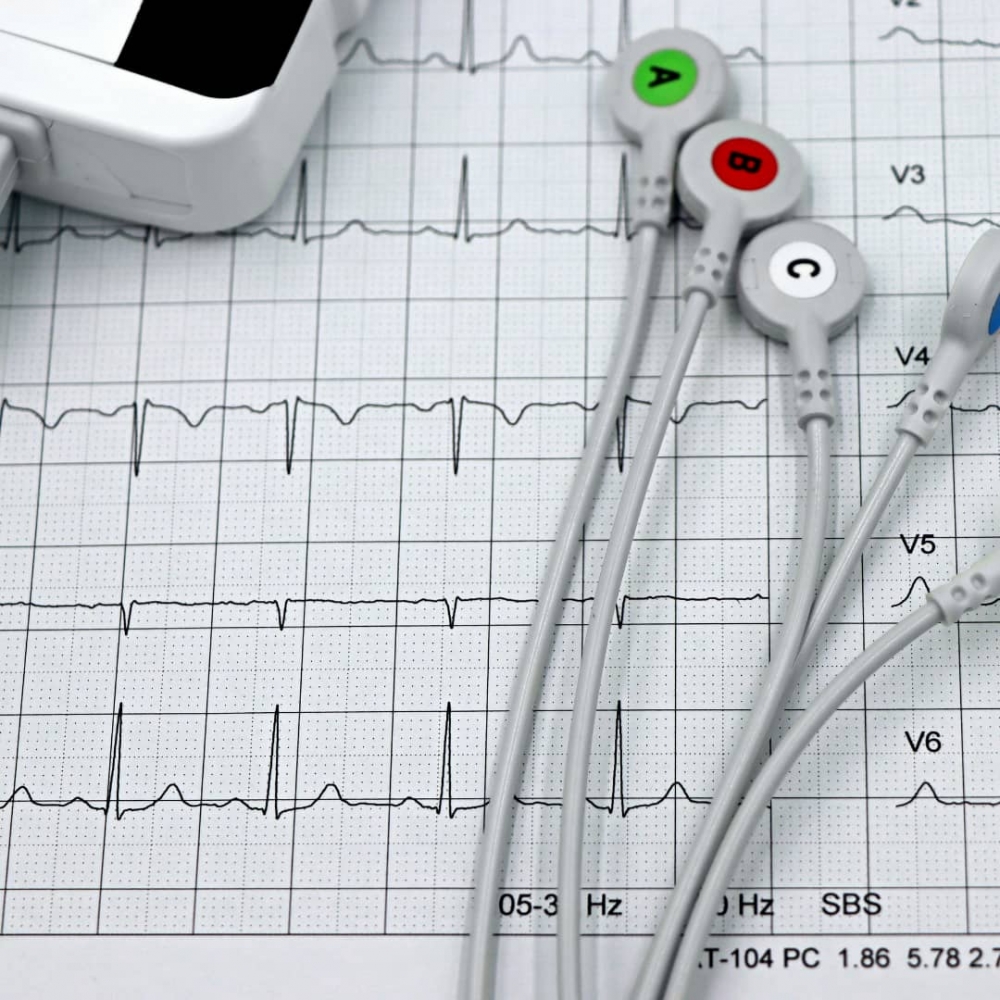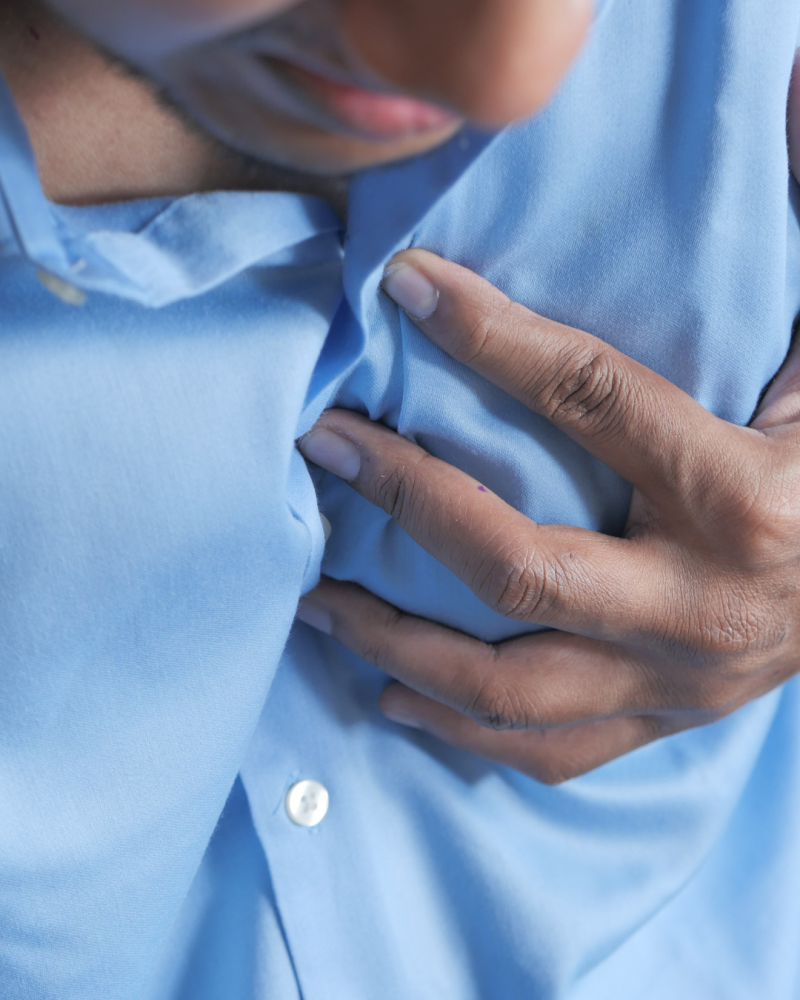Fasting Safely with a Heart Condition During Ramadan

Ramadan is a time of spiritual reflection, but for those with a heart condition, fasting can raise concerns about safety and well-being. Many individuals with heart or circulatory conditions can fast without issues, but it’s important to assess your health risks before making a decision. If your condition could worsen due to prolonged fasting, you are not obligated to fast and may explore alternatives such as making up missed fasts later or giving fidya (charitable donations).
In this article, let’s explore how to fast safely with a heart condition, including key precautions, diet recommendations, and medication adjustments, on managing heart health during Ramadan.
If you have recently had a heart attack, stroke, or undergone a stent procedure or bypass surgery, fasting may place additional strain on your heart. To ensure your safety, consult your cardiologist before Ramadan to discuss the best approach based on your condition. Some people may find it helpful to try fasting for shorter hours before Ramadan to assess how their body copes, or consider fasting on alternate days instead of continuously throughout the month.
Adjusting Your Medication Schedule While Fasting
For individuals managing high blood pressure, heart failure, or arrhythmia, maintaining a consistent medication routine is essential. Fasting from dawn to sunset may require some adjustments to when you take your medications, so it’s important to consult your doctor or pharmacist before making any changes.
If you experience swelling in your ankles, breathlessness, dizziness, chest pain, or an irregular heartbeat while fasting, these may be warning signs that your heart is under strain. In such cases, seek medical advice immediately.
Can You Exercise While Fasting?
Staying active is beneficial for heart health, but fasting may require adjustments to your exercise routine. Light activities such as walking to the mosque, stretching, or low-impact exercises can help maintain cardiovascular fitness without overexertion.
However, if you have recently had a heart attack or undergone cardiac surgery, you may already be participating in a cardiac rehabilitation programme. In these cases, fasting could increase the risk of dehydration and low blood sugar, making it unsafe. Always consult your cardiac rehab specialist before modifying your exercise routine.
Eating Right for a Healthy Ramadan
A heart-healthy diet is crucial for maintaining cardiovascular well-being during fasting. At Suhoor (pre-dawn meal), choose foods that provide long-lasting energy, such as wholegrain carbohydrates (oats, brown rice, wholemeal bread), lean protein sources (eggs, fish, beans), and fibre-rich fruits and vegetables. Staying hydrated is also essential, so drink plenty of water and avoid caffeinated beverages, which can lead to dehydration. For more guidance on the best foods to eat before starting your fast, check out Sahur Essentials: What to Eat for Sustained Energy During Fasting.
At Iftar (breaking fast), many start with dates and water, which provide a quick energy boost. However, to protect your heart, focus on nutrient-dense meals that include lean proteins, slow-digesting carbohydrates, and healthy fats. Opt for grilled or baked dishes instead of fried foods and avoid excessive salt, sugary drinks, and processed snacks, which can put strain on your heart. Planning a balanced Iftar can help sustain your energy levels and support overall heart health. Learn more about making the right food choices when breaking your fast in our guide on Ramadan Fasting: The Best Foods to Break Your Fast at Iftar.
If you have been advised to limit your fluid intake due to your heart condition, discuss with your doctor how to safely stay hydrated while fasting.
Making Ramadan a Healthy and Meaningful Experience
Fasting is about more than just abstaining from food—it’s a time for spiritual growth, reflection, and well-being. If fasting poses a risk to your heart, remember that there are alternative ways to observe Ramadan, such as through charity, prayer, and personal reflection.
Before making any changes, consult your cardiologist or healthcare professional for personalised advice. By taking the right precautions, eating the right foods, and managing your medication properly, you can experience a safe and fulfilling Ramadan while keeping your heart healthy.
KembaliSuggest to Read
